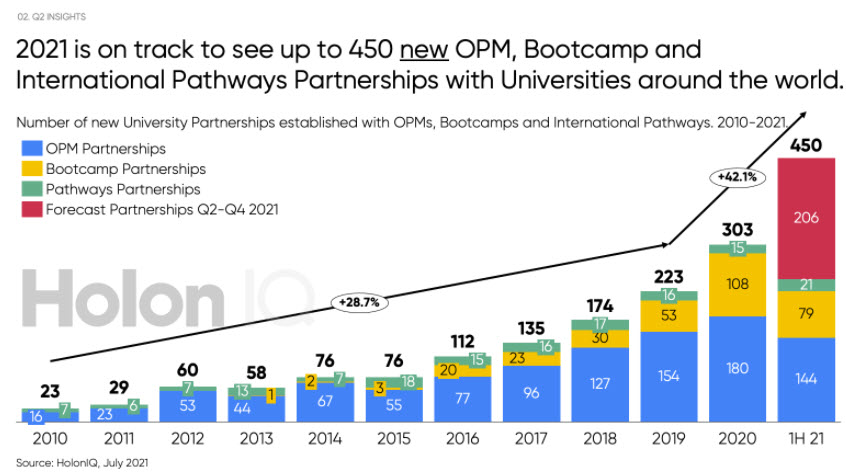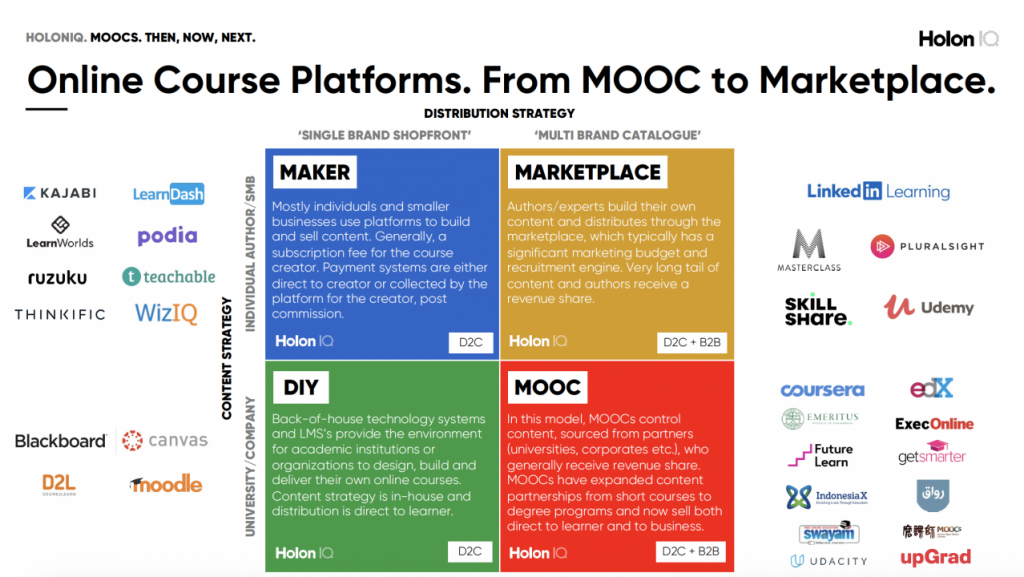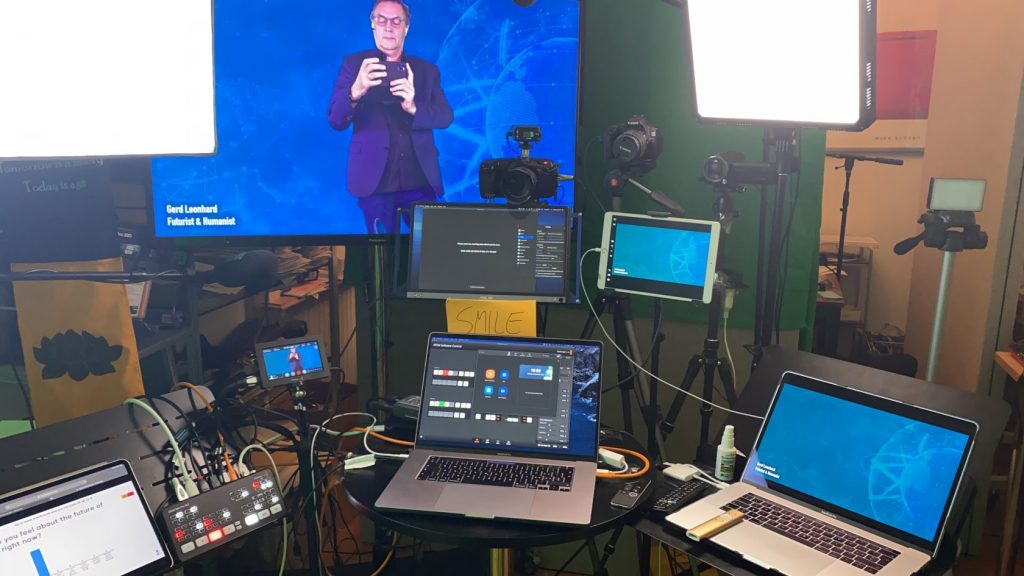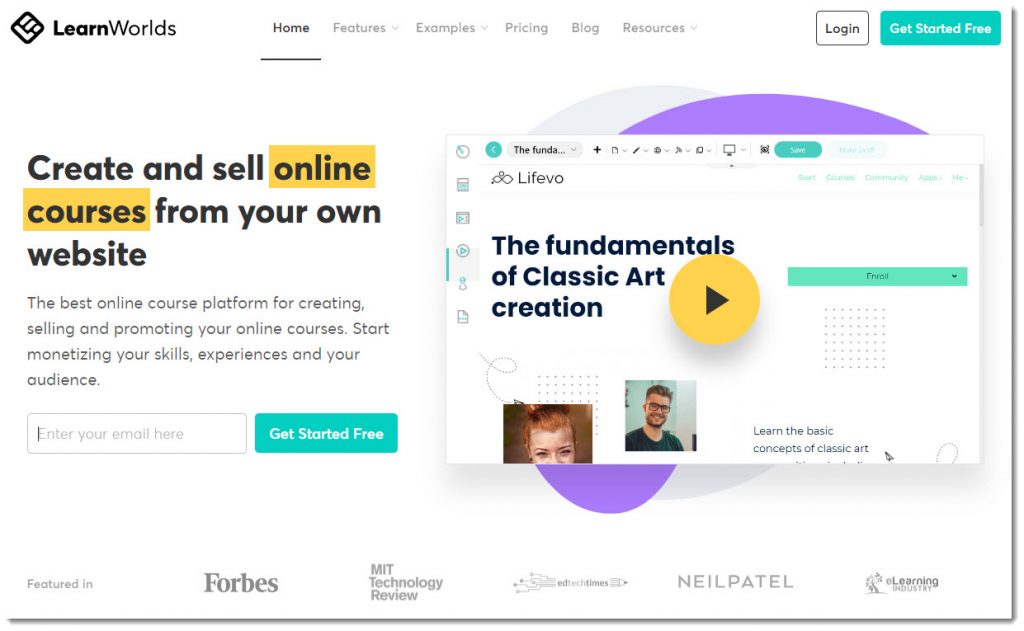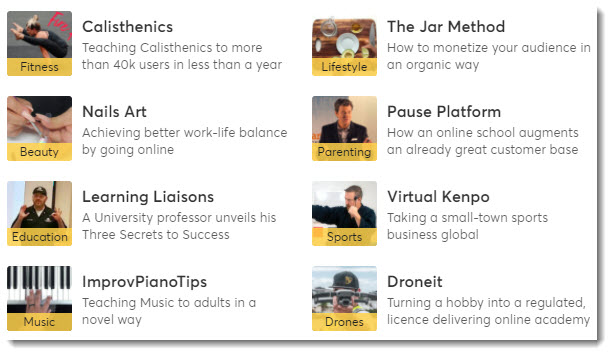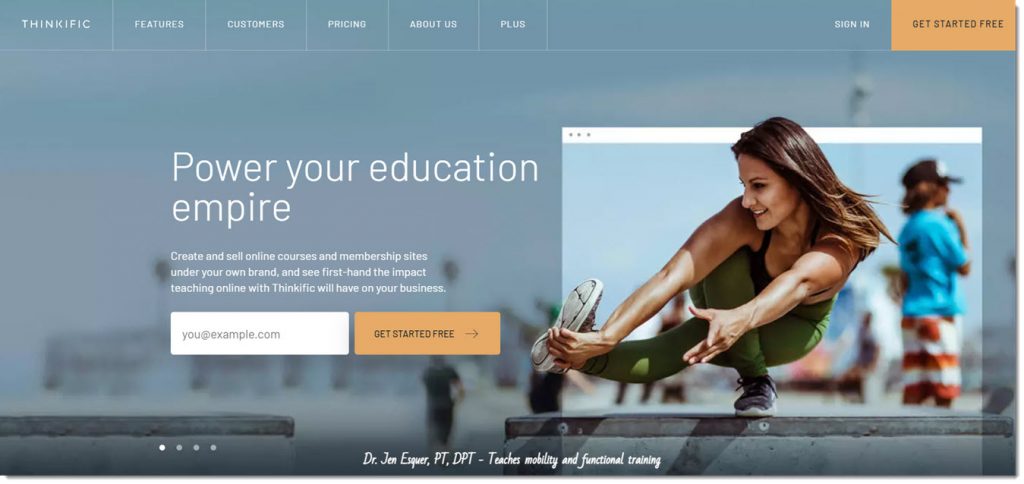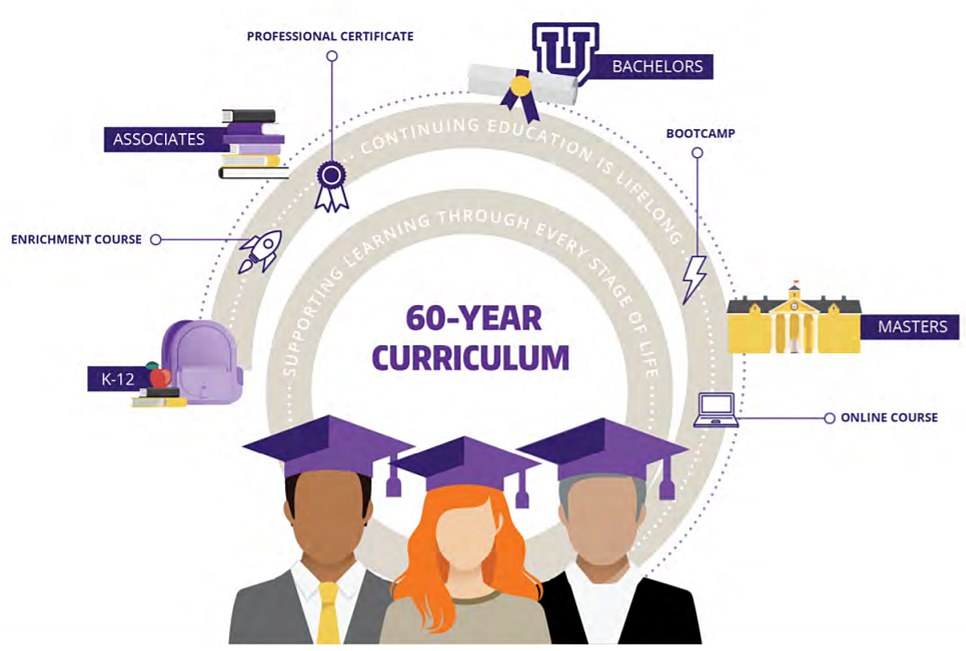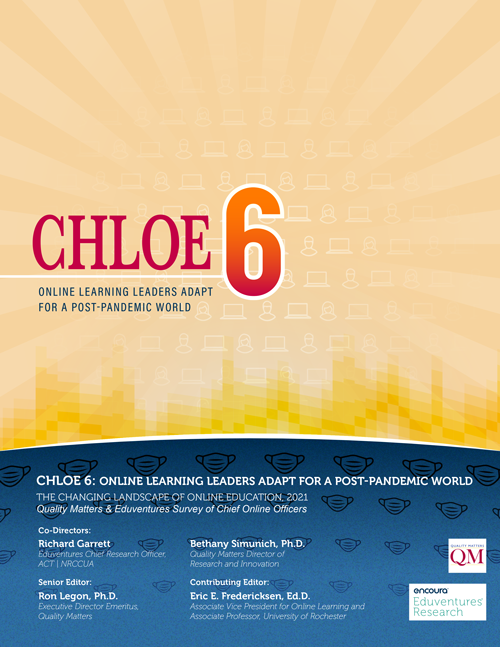“In person” classes offered in virtual reality — from zdnet.com by Greg Nichols; with thanks to Will Richardson for the resource
A virtual reality college campus welcomes students this fall.
Excerpt:
“With this cadaver lab, our pre-med students will no longer need to rely on other universities for advanced anatomy and biology classes,” said Dr. Shirley Brown, Dean of Fisk University. “Virtual reality technology takes our university to a level equal to the most advanced schools in the country.”










